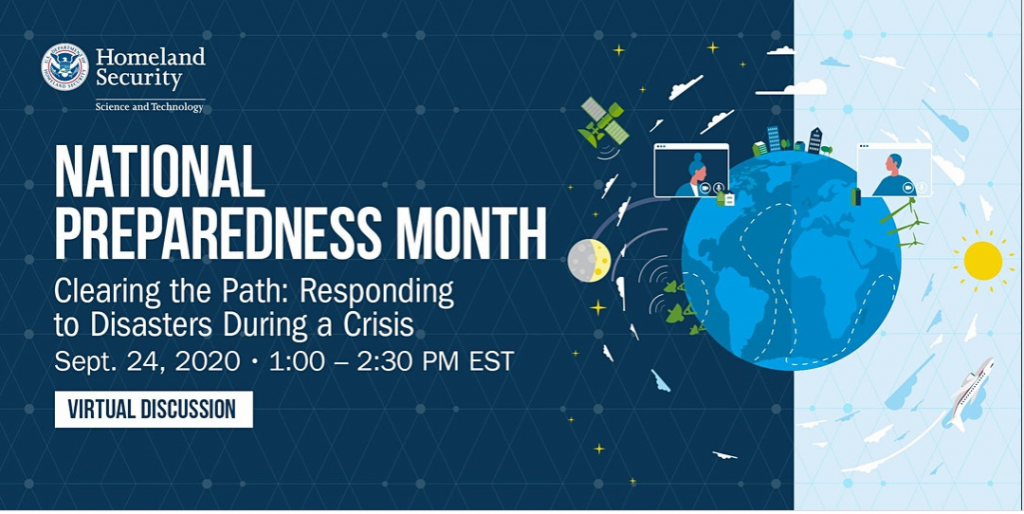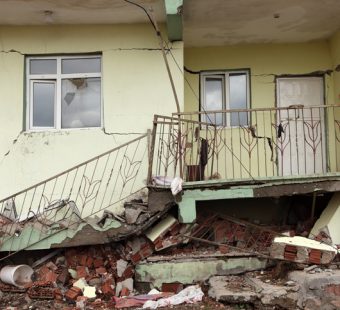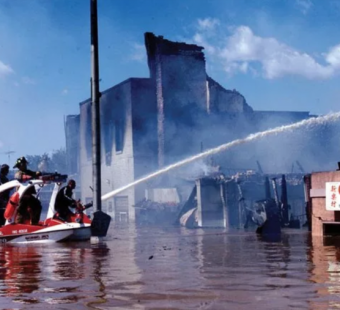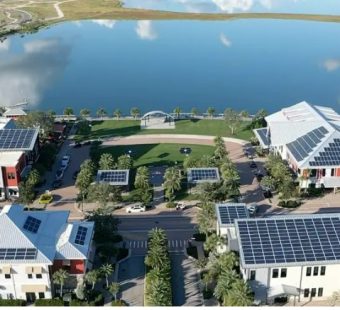
Virtual Discussion: Responding to Disaster During a Crisis
On September 24 a virtual discussion hosted by the Department of Homeland Security’s Science and Technology Advisory Committee will inform community leaders about how new science and technology applications are enhancing resilience and protecting lifeline systems and networks.
During the discussion experts will describe how technologies can inform risk-based decision-making in areas of neighborhood health monitoring, supply chains, evacuation planning, crisis communications, and information sharing among frontline responders. Innovation in predictive analytics, modeling and simulation, and mobility offer new solutions to tackle immediate challenges and prepare for emerging threats.
The panel will also cover how new public-private partnerships are accelerating new solutions and business models to prepare for day-to-day emergencies.
The discussion will include Michel Léonard, PhD, CBE, Vice President & Senior Economist, Insurance Information Institute; and Richard Seline, Managing Director, ResilientH20Partners.
About the virtual discussion:
September 24, 2020. 1:00 – 2:30 p.m. ET
Click here to register.
Speakers:
David Maurstad, Deputy Associate Administrator, FEMA
Duane Caneva, Chief Medical Officer, DHS Countering WMD Office
Ted Smith, Ph.D., Wastewater Based Epidemiology, Professor of Environmental Medicine, University of Louisville and Advisor to Louisville Mayor, Greg Fischer
Catherine Cross, Deputy Under Secretary, DHS Science and Technology Directorate (S&T)
David Corman, Program Director, Cyber-Physical Systems and Smart and Connected Communities, National Science Foundation
Richard Seline, Executive Director, Accelerate H2O, Houston, Texas
Michel Léonard, Vice President and Senior Economist, Insurance Information Institute
Moderator: David Alexander, Director of Resilience Research and Partnerships, DHS S&T
The Insurance Information Institute’s Resilience Accelerator was created to build awareness and adoption of insurance as a frontline defense against the impact of extreme weather events on households, businesses and communities.



